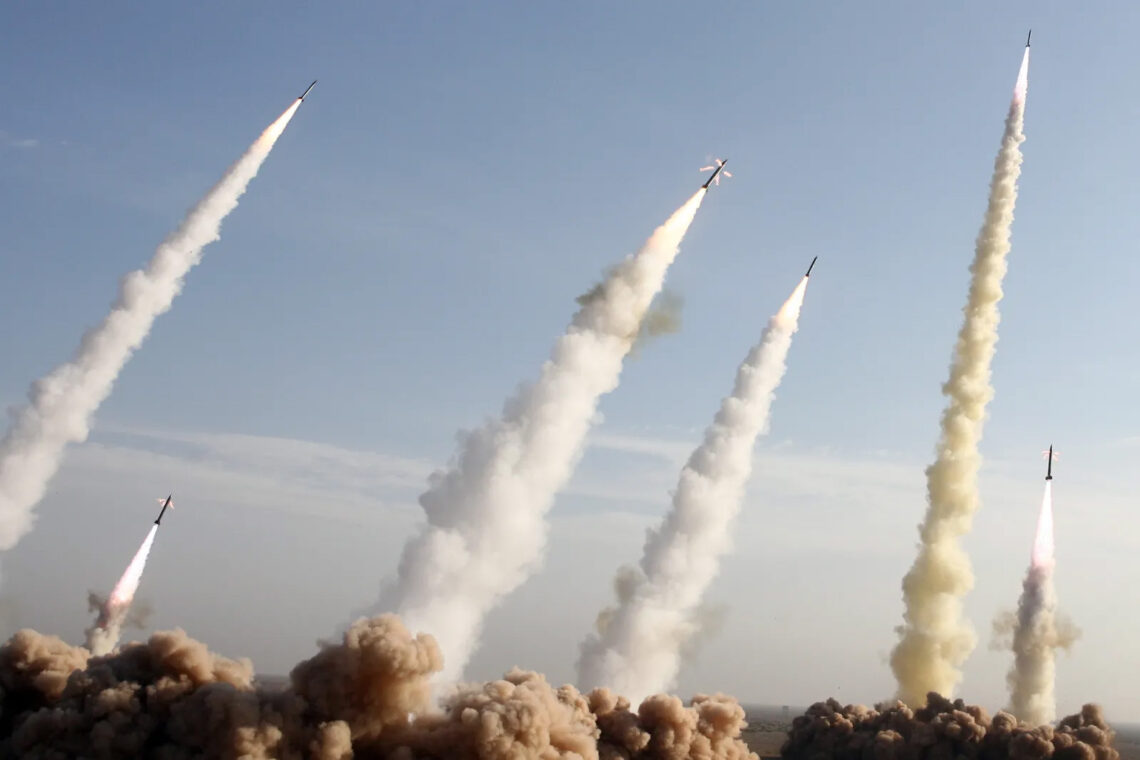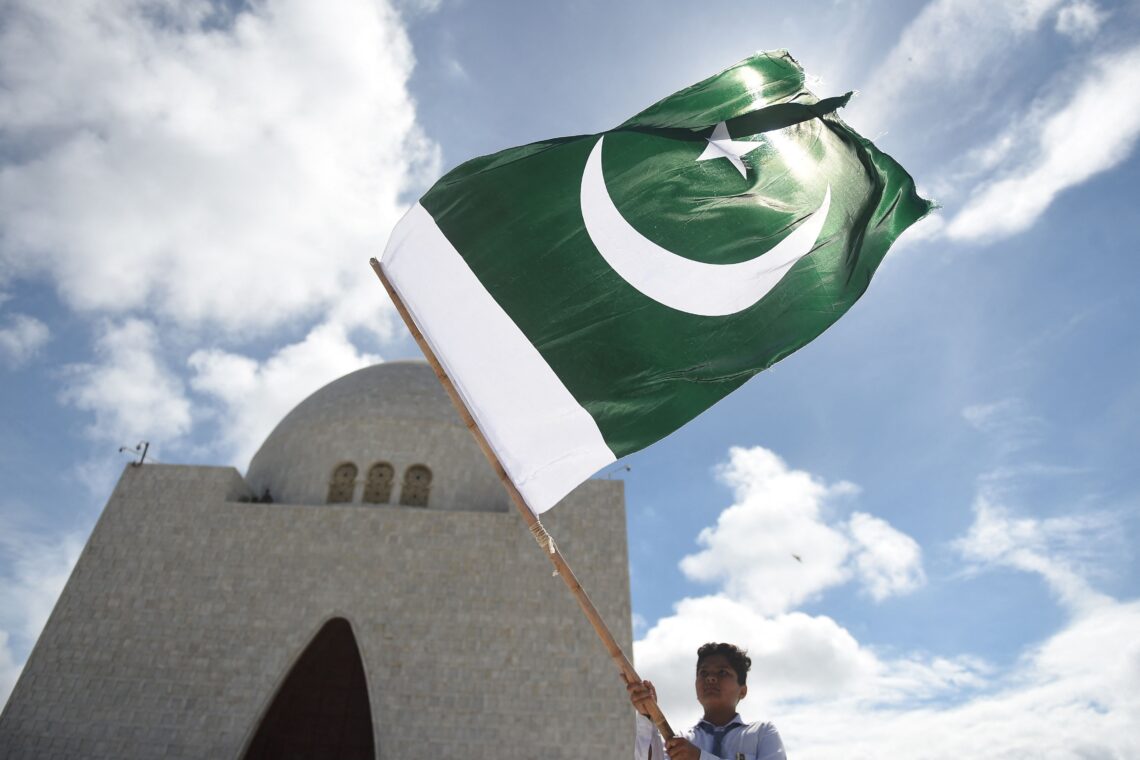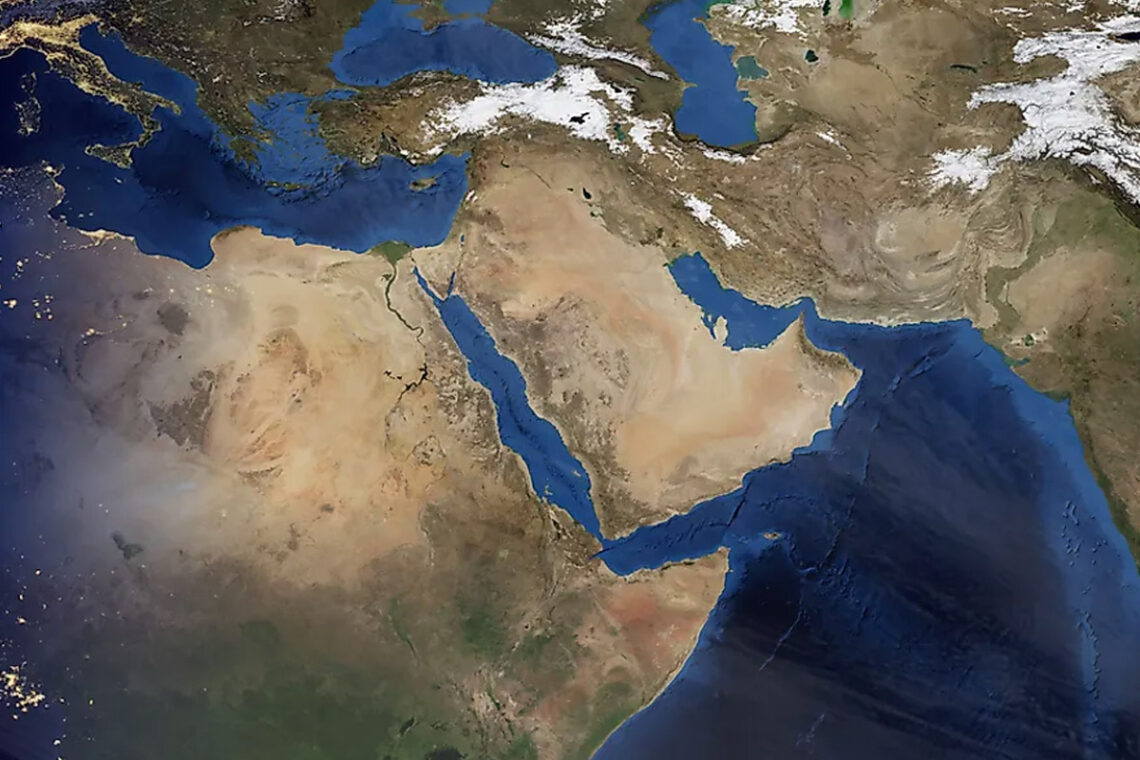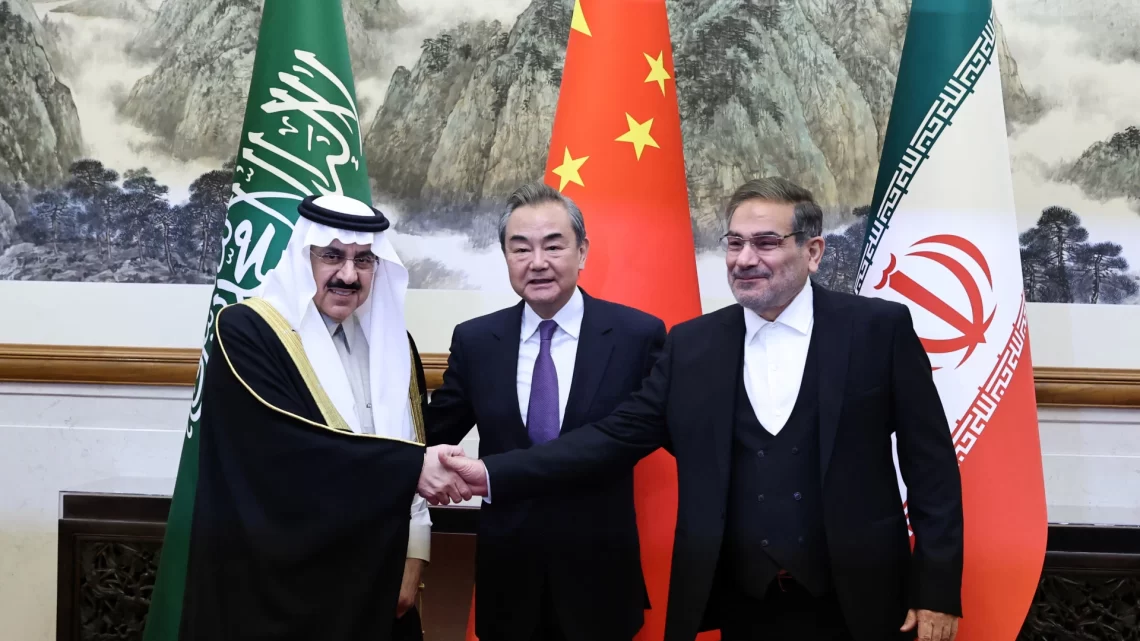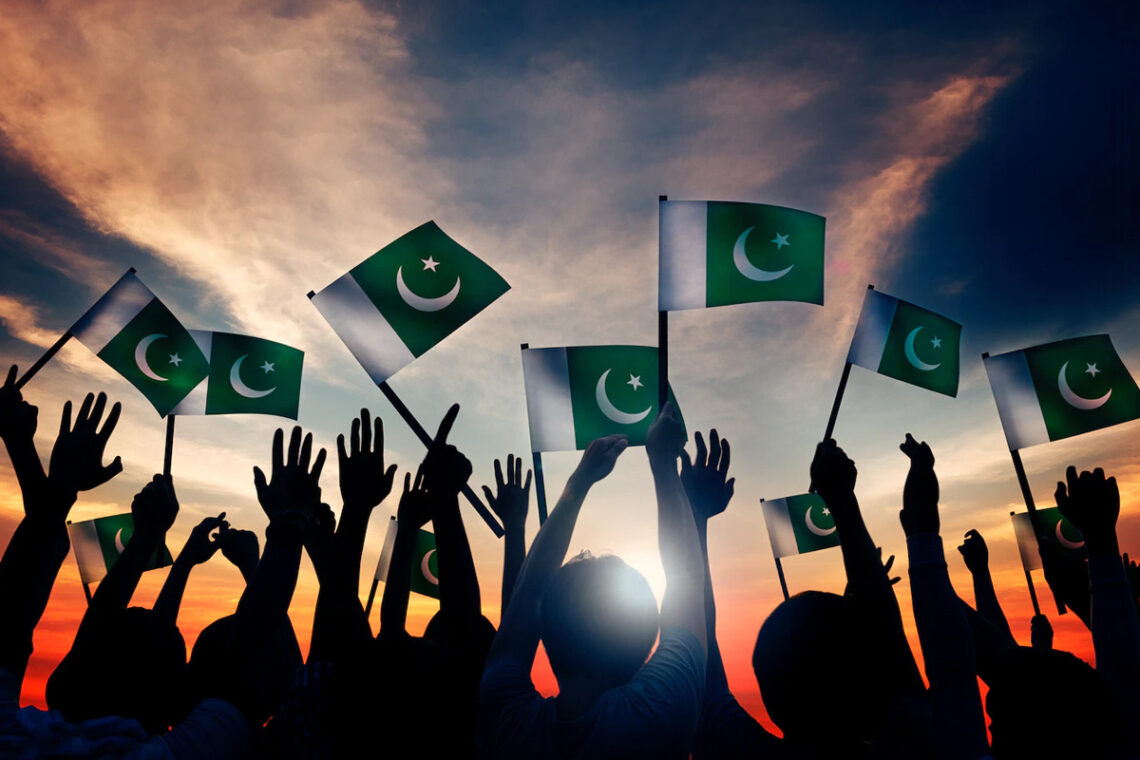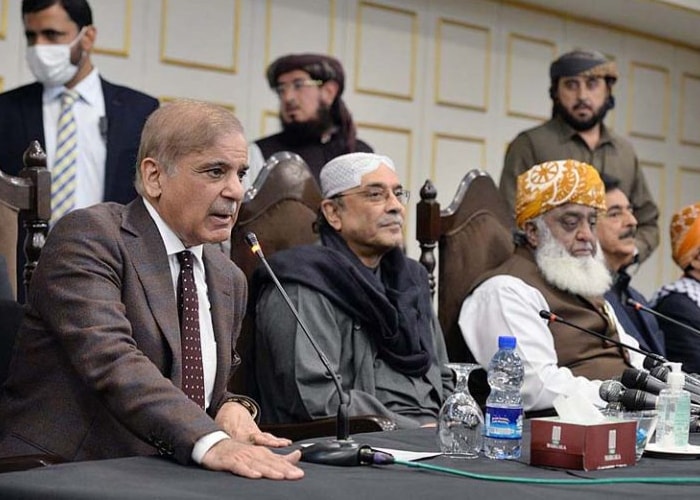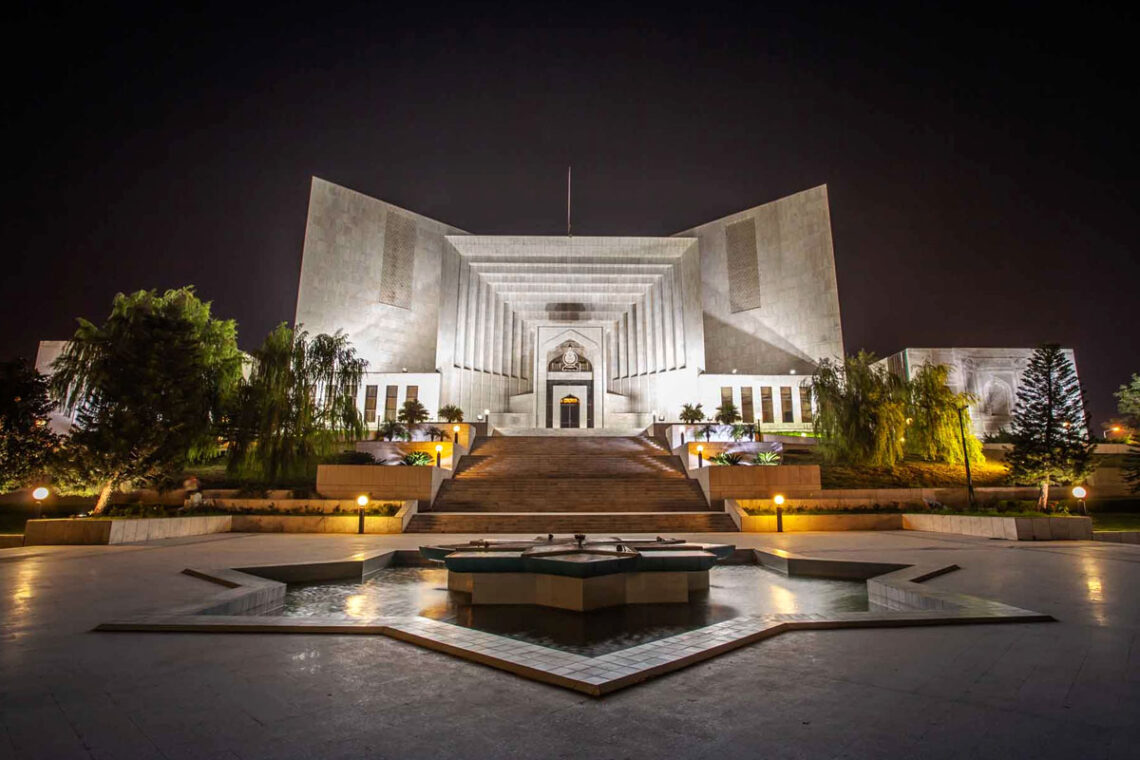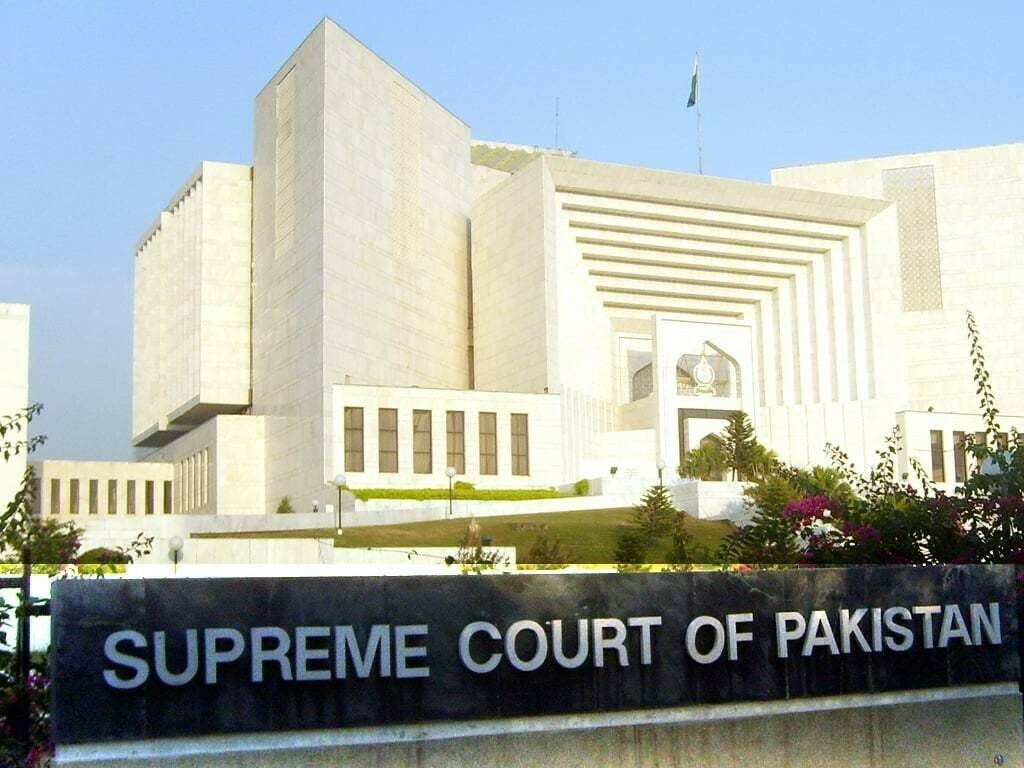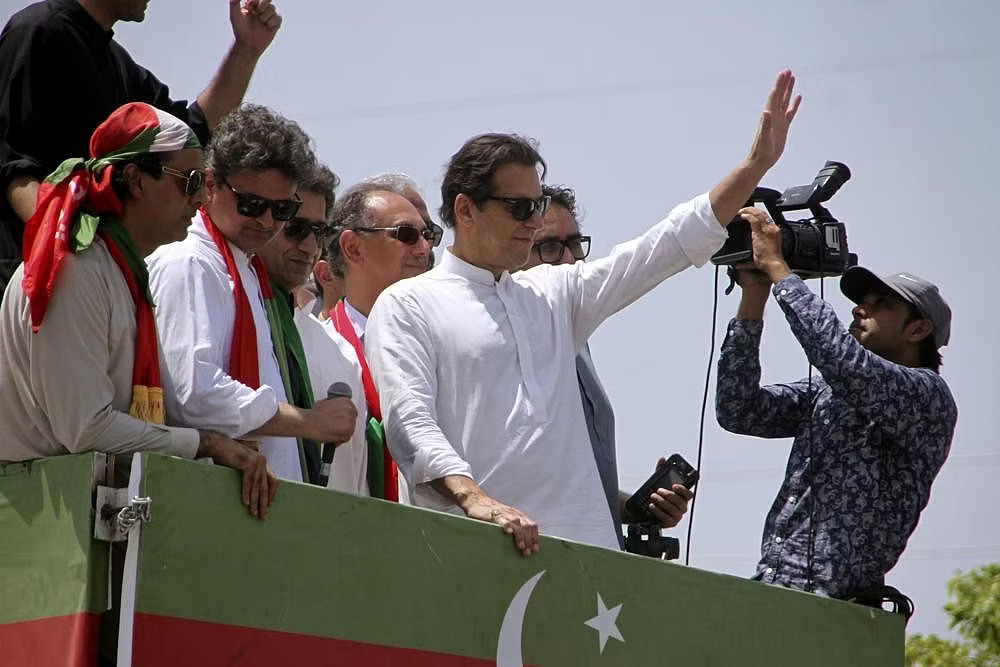-
A matter of life and debt
In every crisis lies an opportunity. Many countries across the world that faced an economic crisis were able to use that as an opportunity to bounce back stronger and more resilient.
-
Deterrence and diplomacy
THE strategic choices most consequential to Pakistan’s future lie within. They involve dealing with recurrent economic crises, providing effective governance, defeating terrorism, making education accessible to all its children and generating jobs to absorb the population’s youth bulge to avert a potential demographic disaster.
-
Deterrence and diplomacy
THE strategic choices most consequential to Pakistan’s future lie within. They involve dealing with recurrent economic crises, providing effective governance, defeating terrorism, making education accessible to all its children and generating jobs to absorb the population’s youth bulge to avert a potential demographic disaster. The implications of these internal challenges for national security are apparent and can be ignored only at great peril to the country. But external security challenges have been no less imposing since the country’s inception, confronting it with enduring dilemmas. The burden of history and tyranny of geography — a volatile neighbourhood and the headwinds of geopolitics unleashed by big power competition — have consistently put…
-
A game changer?
THE Middle East’s security landscape could be transformed by an unanticipated development that took place earlier this month. Long-standing regional rivals Saudi Arabia and Iran agreed to restore bilateral relations after seven years of bitter confrontation and a diplomatic hiatus. The deal was signed in Beijing, which mediated the agreement.
-
A game changer?
THE Middle East’s security landscape could be transformed by an unanticipated development that took place earlier this month. Long-standing regional rivals Saudi Arabia and Iran agreed to restore bilateral relations after seven years of bitter confrontation and a diplomatic hiatus. The deal was signed in Beijing, which mediated the agreement. In the joint trilateral statement, the two countries pledged to respect the “sovereignty of states” and “non-interference in the internal affairs of states”. They agreed to revive their 2001 security cooperation pact and renew their general cooperation agreement of 1998, which ranges over trade, economy and investment. The breakthrough followed several days of talks in China, which were preceded by two key…
-
A year of lost opportunity
THE Shehbaz Sharif-led coalition will complete a year in government next month. What has this period meant for the country? How has it shaped politics and affected governance? For a start, the ruling coalition has little to show by way of improved governance.
-
A year of lost opportunity
THE Shehbaz Sharif-led coalition will complete a year in government next month. What has this period meant for the country? How has it shaped politics and affected governance? For a start, the ruling coalition has little to show by way of improved governance. It has instead been defined by its bloated cabinet — the largest in the country’s history. The appointment of a legion of ministers and special assistants — that too for a short-duration government and many without portfolio — had little to do with the needs of governance but everything to do with rewarding friends and allies for their political support. The ruling coalition has lacked any policy…
-
The only way out?
ANOTHER phase in the country’s turbulent politics opened with the Supreme Court ruling that elections to the Punjab and Khyber Pakhtunkhwa assemblies should be held within the constitutionally stipulated 90-day period.
-
The only way out?
ANOTHER phase in the country’s turbulent politics opened with the Supreme Court ruling that elections to the Punjab and Khyber Pakhtunkhwa assemblies should be held within the constitutionally stipulated 90-day period. The assemblies were dissolved in January but the PDM government, which installed caretaker administrations in the two provinces, prevented their governors from fixing a poll date. In the face of this reluctance, consultations by the Election Commission of Pakistan went nowhere. When President Arif Alvi announced an election date the government condemned this action while the ECP held back from doing anything. Against the backdrop of this confusion and uncertainty, the SC was obliged to step in and take suo motu notice of…
-
Institutions as battleground
THE ongoing political confrontation between the government and opposition has assumed a new, more dangerous nature. It is now pitting state institutions against each other, bringing some into disrepute while pushing almost all of them into the vortex of political controversy. This is leading to national chaos. Several developments in recent days attest to this. To start with, an unseemly public spat took place between President Arif Alvi and the Election Commission of Pakistan. This was sparked by the question of who should set the date for elections to the Punjab and Khyber Pakhtunkhwa assemblies, which were dissolved in January. President Alvi, acting in support of PTI’s demand for immediate…


